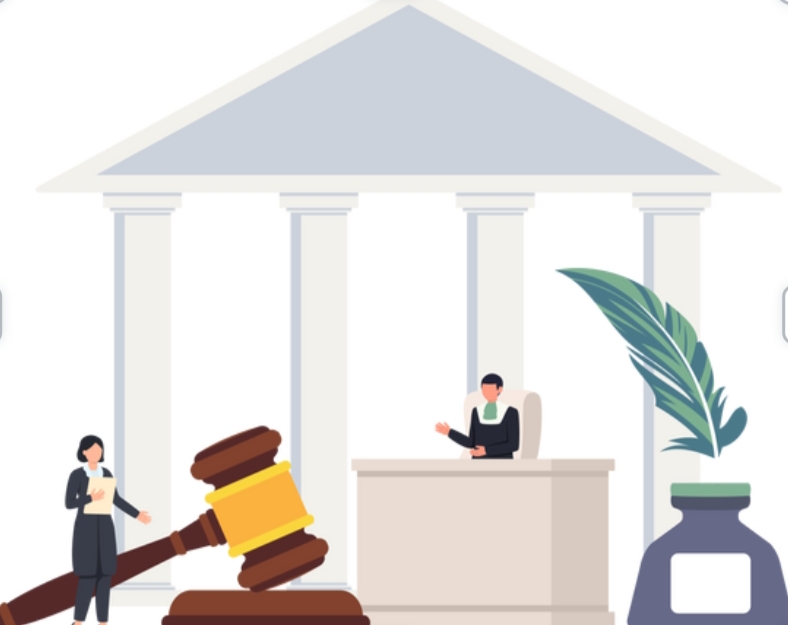

In the field of organizational structures, Decentralized Autonomous Organizations (DAOs) are a revolutionary paradigm. These blockchain-based, smart contract-governed organizations have become a cutting-edge means of managing group projects without the need for centralized authority. A new era of decentralized governance and cooperation is being ushered in by the emergence of DAOs, which promises greater inclusivity, efficiency, and transparency. DAOs may have advantages, but there are also substantial legal obstacles that need to be considered.
DAOs are fundamentally self-executing entities that are encoded with pre-established rules and protocols. This allows peer-to-peer interactions to occur without the need for middlemen. DAOs have several benefits because of their decentralized structure, such as lower operating costs, improved security, and increased resistance to censorship and corruption. DAOs also facilitate worldwide participation, enabling people with various backgrounds to contribute to common objectives and reap the rewards that follow.
The unclear legal status of DAOs presents one of the main legal challenges they face. There is uncertainty about how to classify and regulate decentralized structures run by smart contracts because traditional legal frameworks are not designed to support them. Because of this, DAOs frequently function in a legal limbo, leaving them open to possible regulatory scrutiny and compliance issues. In the absence of well-defined legal guidance, participants might encounter challenges in comprehending their rights and obligations within the DAO ecosystem.
Moreover, the anonymity and pseudonymity provided by blockchain technology presents difficulties for DAO dispute resolution and legal accountability. When there are no recognizable legal entities or accountable parties, it is intrinsically difficult to enforce contracts and settle disputes. Potential participants may be discouraged by this lack of accountability, which could impede DAOs’ widespread acceptance as functional organizational models.
The liability of DAOs for their decisions and actions is a crucial legal concern. Conventional legal structures generally ascribe liability to recognizable entities or individuals, while decentralized autonomous organizations function as independent systems devoid of centralized management. It gets complicated to decide who is responsible for unfavorable results or contract violations in DAOs, which raises concerns about affected parties’ legal options and restitution.
Moreover, the legal environment surrounding DAOs is made more complex by the cross-jurisdictional nature of blockchain technology. Diverse legal interpretations and regulatory frameworks among various jurisdictions make it more difficult for decentralized entities operating globally to comply with the law and enforce their obligations. Comprehending the various legal environments necessitates a sophisticated grasp of global law and regulatory frameworks, thereby exacerbating the legal implications for decentralized autonomous organizations.
Attempts are being made to address the regulatory worries about DAOs and promote their responsible development despite these legal obstacles. Policymakers, legal professionals, and industry participants are working together to create frameworks that support decentralized governance models and guarantee adherence to current legal and regulatory requirements. Initiatives like industry standards and self-regulatory groups also seek to advance best practices and improve transparency within the DAO ecosystem.
Conclusion
To sum up, the emergence of decentralized autonomous organizations signifies a paradigm shift in organizational structures and presents hitherto unseen chances for cooperation and innovation. But the legal difficulties DAOs face highlight the necessity of taking proactive steps to resolve regulatory ambiguities, accountability frameworks, and problems with cross-border compliance. Through positive communication and joint endeavors, interested parties can clear the path for the lawful development of DAOs in a responsible manner.







